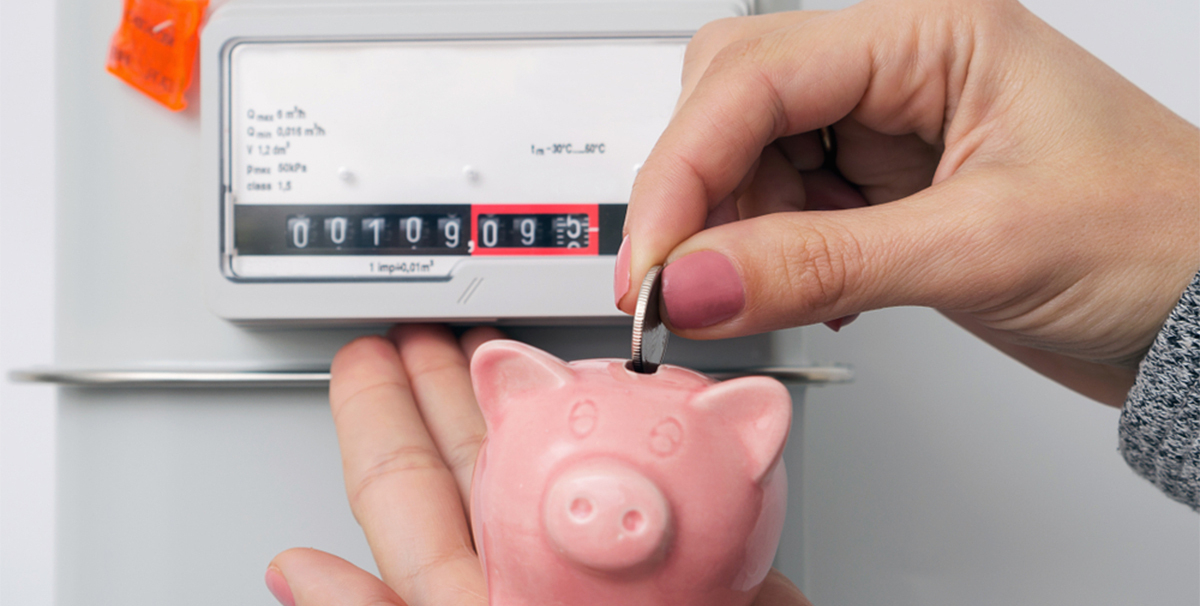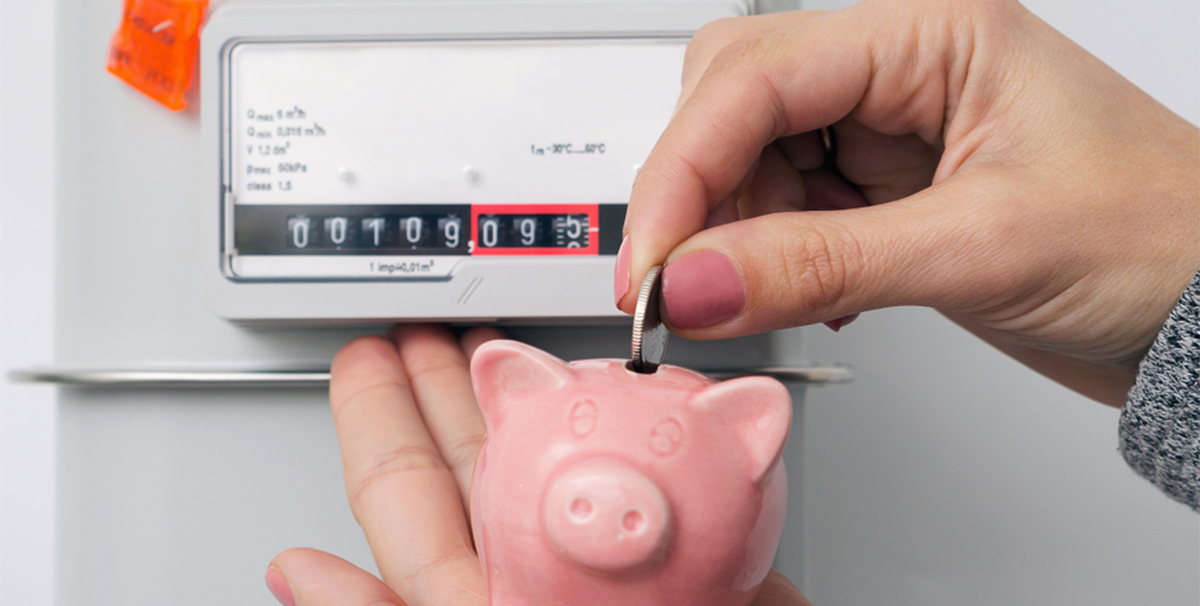Frugal Habits and Tricks for a Smarter Grocery List


Grocery shopping can easily become one of your biggest expenses. A few unplanned purchases here, a bit of waste there, and suddenly you’re wondering where all the money went. However, you don’t need to be extreme or sacrifice quality to shop smarter. With a few frugal habits and some clever tricks, you can save a surprising amount of money just by rethinking how you approach your grocery list.
Whether you're trying to cut costs, feed a family on a tighter budget, or just want to be more intentional with your spending, this guide will give you some frugal grocery shopping tips that work for you.
Frugality isn’t cheap. It means making conscious choices that stretch your money further while still getting what you need. When you approach grocery shopping with a frugal mindset, you're not only saving money, you’re reducing waste, avoiding unnecessary purchases, and gaining more control over your household spending.
This can be especially important if you're saving for something big, living on a fixed income, or simply trying to be more mindful about your finances. Every bit you save at the store can add up to a big difference over time.
Let’s give you some practical and realistic frugal grocery shopping tips that can help you save money without making you feel like you are sacrificing something.
Before you even think about what to buy, know your budget. Setting a frugal grocery budget gives you a clear boundary. If you’re not sure where to start, track your previous month's groceries and look for signs of overspending. You might be surprised by how much is going toward snack foods, convenience items, or extras that weren’t on your list.
Meal planning is beneficial when it comes to saving money. Plan out your meals for the week so you know what materials you need and how much of each to buy. This helps reduce both food waste and impulse purchases. Try building your meals around what you already have in your kitchen. If you’ve got rice, canned beans, and a bag of frozen veggies, that’s already the base for a few simple, inexpensive meals.
Once your meal plan is in place, turn it into a shopping list and don’t deviate from it. It’s tempting to add a few extra things when you’re in the store, but those little additions add up fast. A frugal grocery shopping list can help keep you focused. Grouping items by category (produce, dairy, pantry, etc.) also makes your trip faster and more efficient.
Before doing groceries, review the weekly ads or digital flyers. Online websites like LiveOff Coupon share coupons and promo codes for various items, which can be used when shopping online. Don’t buy something just because there is an ongoing sale. Stick to deals on items you already use or need. When you find a great deal on a staple item and have room in your budget, consider stocking up.
Bulk buying saves money, especially when it comes to non-perishable items like rice, pasta, oats, or canned goods. It also works well for household staples like toilet paper or cleaning supplies. But be careful with perishables. Unless you know you’ll use or freeze them before they go bad, it’s better to buy smaller amounts. Wasted food is wasted money.
Brand-name items might be more familiar, but many generic or store-brand products are just as good and much cheaper. This is especially true for basics like flour, sugar, milk, canned vegetables, and cereals. Don’t be afraid to try a store brand once. If the quality is comparable, making the switch permanently can lead to big savings over time.
Fruits and vegetables that are in season are fresher, tastier, and much more affordable than out-of-season options. In-season produce is often grown locally, which reduces transportation costs and keeps prices lower.
You can even build your meal plan around seasonal items to maximize these savings. If strawberries or squash are on sale because they’re in season, incorporate them into your meals for the week.
How you store your groceries can impact how long they last. Learning how to properly store fresh produce, dairy, and leftovers helps you get the most out of what you buy and keeps you from tossing out spoiled food. A simple trick is to keep older items near the front of the fridge or pantry so you remember to use them first. Freezing leftovers or overripe fruit for smoothies is another easy way to avoid waste.
Pre-cut fruit, pre-shredded cheese, bagged salad mixes, and microwave-ready meals may save you time, but they usually come with a much higher price tag. When possible, buy whole versions of these foods and prep them yourself. Not only is it more budget-friendly, but it’s often healthier too since you’re avoiding added preservatives or extra sodium found in convenience items.
This might sound simple, but shopping while hungry can blow your grocery budget. When you go on an empty stomach, everything looks delicious, and you’re more likely to grab snacks or splurge on comfort foods. Eat a small meal before shopping for groceries so you can do so with a clear head and a full stomach.
Being frugal with your grocery shopping isn’t about depriving yourself. It’s about making smarter choices that support your goals, reduce waste, and help you feel more in control of your finances. Start small, maybe by meal planning this week or trying out generic brands, and build from there. Over time, these little habits will become part of your routine, and you’ll be surprised at how much you can save without making sacrifices.

Hi! I’m a versatile writer with a strong desire to save money and help others do the same. I share practical life hacks, smart couponing strategies, and money management tips to help you make the most of every dollar.









































